Seven months after Google blacklisted our websites over false allegations of malware, I can say that the traffic to some has not recovered. And to prove that Google continues to publish libel based on its highly dubious systems, here are two screen shots from my browser tonight, which I saw when trying to access bjskosherbaskets.com, the site that hackers linked to back in April, where they placed some malware.
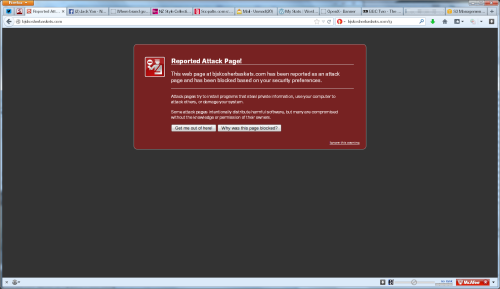
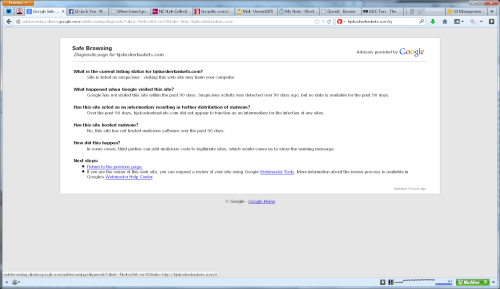
I’ve noted here that we were hacked back in April, and we fixed everything within hours. But good luck getting off Google’s blacklists. They claim six to seven hours, whereas our experience was six to seven days. (No surprise: it took Google four years to remove my private data from Adsense, while my dispute with them over retained Blogger data, which they promised to delete in 2010, is ongoing. Things happen very slowly in California.)
Bjskosherbaskets.com, meanwhile, is finding that seven months, not seven days, are still not enough to get off a Google blacklist.
Browsers will block the site based on Google’s claims. Yet when you read why Google has blocked it, there is no reason: even the big G says the website is clean, and free from malware. It says, rightly, that it detected some more than 90 days ago, but there isn’t any now.
The question is: why does Google continue to ruin the reputation of a website whose owners have, like us, done everything they could to remedy a situation? And why is libel permissible?
There are just too many breaches of ethics by this company, yet it beggars belief that it still ranks as the number-one website in the world.
At the very least, internet security companies need to stop relying on Google, whose systems are faulty, and who dedicates the grand total of two part-timers to the task of malware detection.

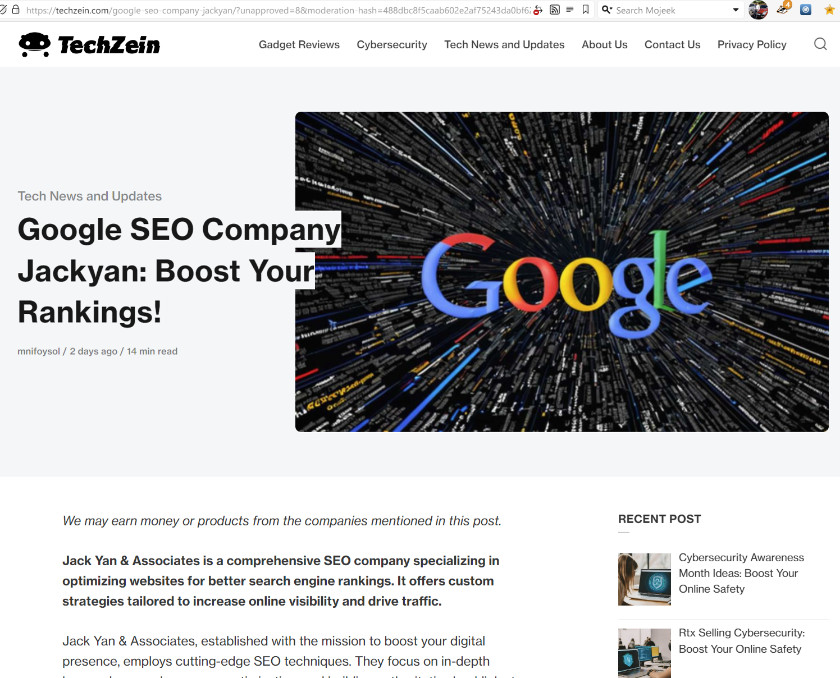
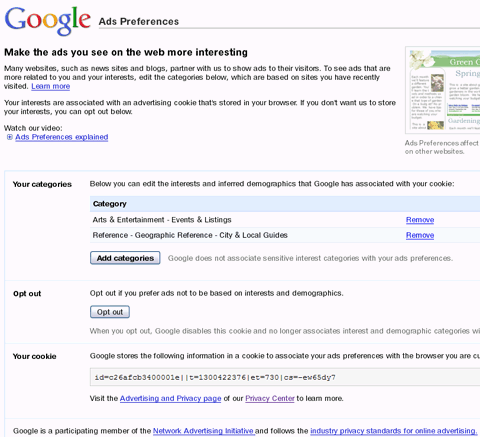

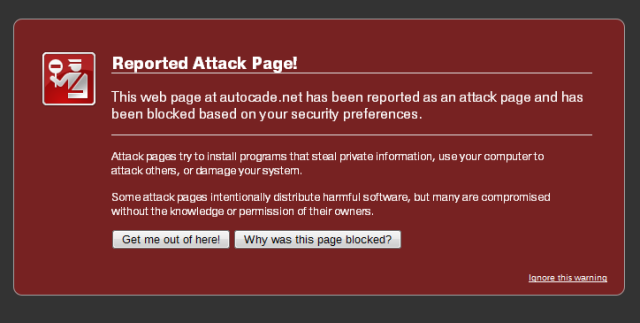
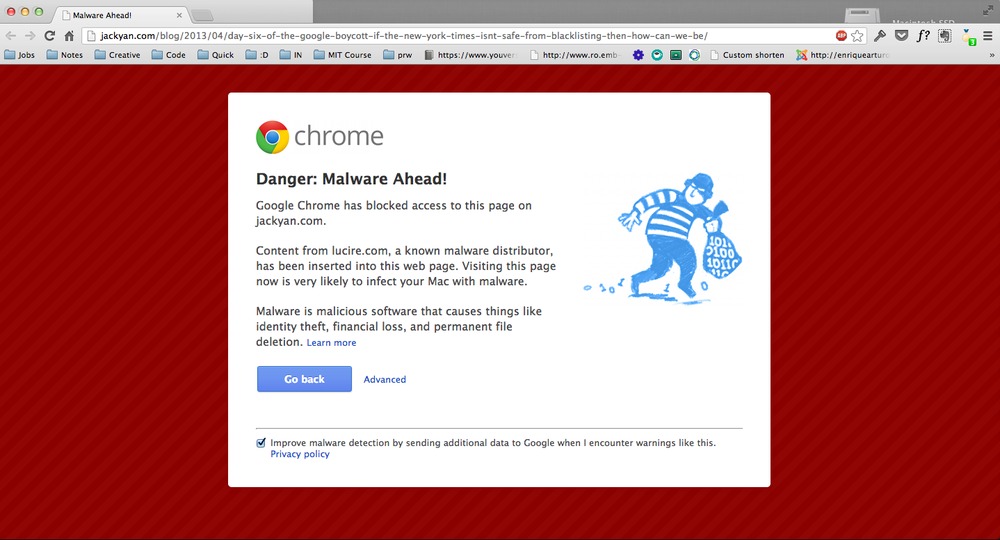
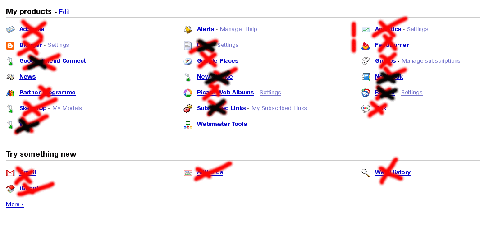
*sigh* I suspect that Google may eventually come to the same legal scrutiny that Microsoft faced in the anti-trust cases– although on what exactly, and by what means, I don’t know.
So much has changed since then, especially with corporatism and crony capitalism run amok in the States, privacy issues in general with governments as well as corporations, etc. I have no idea how things will unfold.
I think Google still have some issue or complain with that site and that’s why they are blocking that website. I think best way to know why they are doing this, live chat with Google customer support or talk through email support.
Madeline, I wish it were that simple, but there’s a lot of evidence (as I dug up in April) to suggest that the Google bot is fetching stale data. The support people do not respond, either.
There is more here:
http://jackyan.com/blog/2013/04/the-answers-no-googles-still-in-a-dream-world/
and related is this:
http://jackyan.com/blog/2013/05/social-media-today-on-googles-malware-detection-how-is-their-warning-not-libelous/
Google misidentified some of our own code as malicious after we cleaned our server, and did so for weeks. Eventually, we put that allegedly malicious code back several months later, and we have not been red-flagged since. It does appear Google needs to learn how to clear its own cache.
J.: I hope Google does. The most recent case, where Google hacked Apple Safari users, shows that governments are taking notice of their criminal behaviour. However, if you or I hacked millions of people (or however many is 8·72 per cent of the browsing public), we would be up for more than four hours’ earnings.